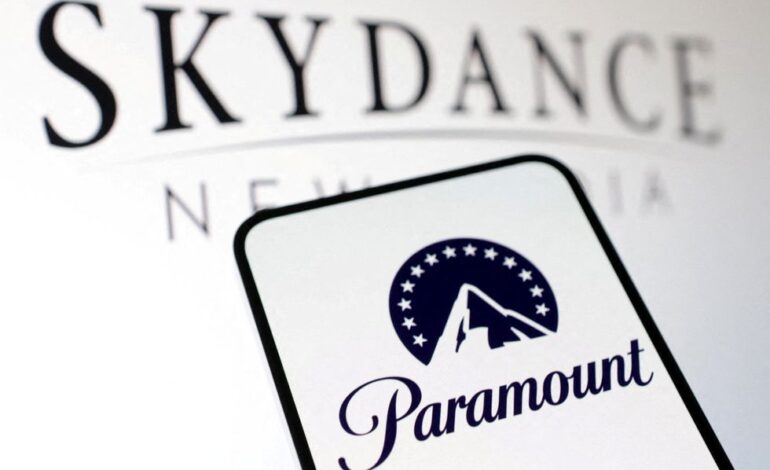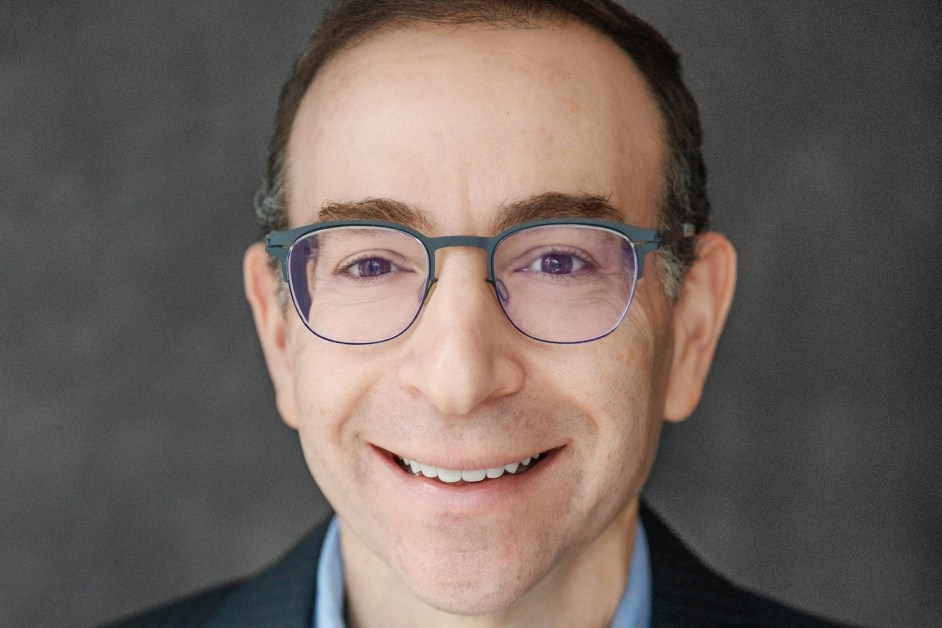FCC Approves $8 Billion Merger, Raised Concerns Over Media Integrity

The Federal Communications Commission (FCC) approved a significant media merger on October 19, 2023, allowing Paramount to acquire Skydance Media for $8 billion. This decision has sparked widespread debate, not just for its scale but for its implications on media independence and democratic principles.
Concerns Over Democratic Values
The merger has been viewed by critics as part of a broader trend undermining democratic institutions. The FCC, originally established in 1934 to serve as an impartial regulatory body, has come under scrutiny for its recent actions, particularly during the administration of former President Donald Trump. Opponents argue that the agency is being used to further political agendas rather than protect the public interest.
According to The New York Times, the approval process for this merger was marked by numerous complexities and unexpected developments. Ultimately, the decision has been perceived as a direct challenge to the integrity of the media landscape, with Trump often dismissing mainstream outlets as “the enemy of the people.”
The FCC’s ruling was passed by a 2-1 vote, with Brendan Carr, the FCC Chairman, playing a pivotal role in the approval. Critics have labeled Carr’s leadership as a departure from the agency’s historical commitment to independence. The lone dissenting vote came from Commissioner Anna Gomez, who expressed her concerns, stating, “That eerie sound you’re hearing is the crumbling of the First Amendment.”
Implications for Media and Public Trust
The potential ramifications of this merger are profound, with fears that it may lead to a consolidation of media power that stifles diverse voices. Some analysts argue that the decision marks a troubling capitulation to political influence in the media sector. The approval of the merger is seen by many as a troubling sign of the willingness of major media companies to compromise their principles for financial gain.
In her dissent, Gomez highlighted the dangers of allowing a media giant to align too closely with political figures, suggesting that this could set a precedent for future mergers and acquisitions in the industry. The merger’s approval has ignited discussions about the responsibilities of media corporations to uphold democratic values and maintain their independence.
As the media landscape continues to evolve, observers are left questioning the future of journalism and public trust in the information being disseminated. The merger between Paramount and Skydance is not merely a business transaction; it represents a larger struggle over the control of information and the role of media in a democratic society.
In summary, the FCC’s approval of this merger has raised significant concerns about the integrity of media institutions in the United States. It reflects ongoing tensions between corporate interests and democratic principles, prompting calls for greater scrutiny of how such decisions are made in the future.






